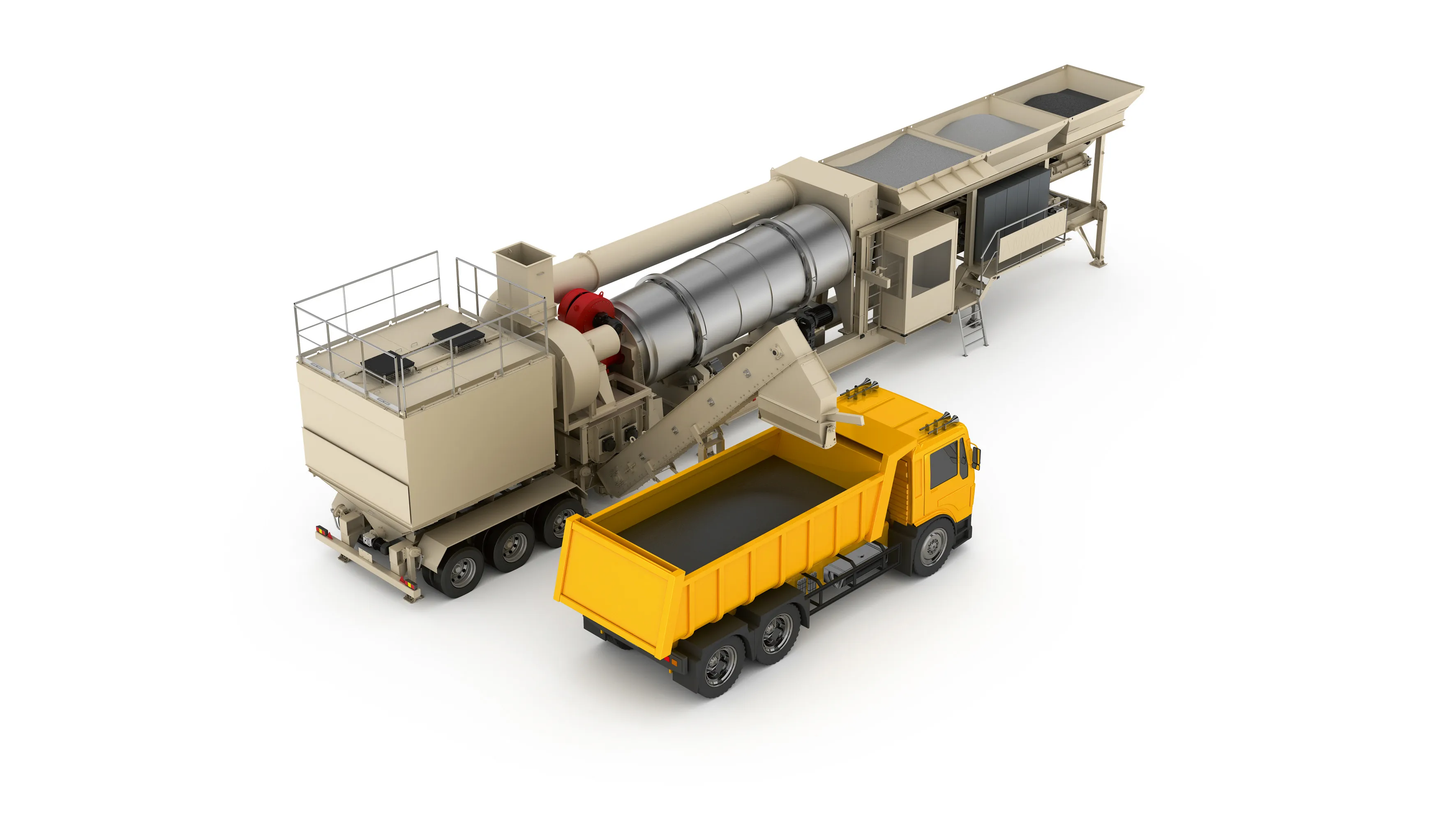Ammann and Gujarat Apollo Industries Ltd (GAIL) have signed binding agreements which will see Ammann Group pay just under US$59 million to acquire a 70% share in the Indian company’s plant and machine business.
GAIL’s core products include road pavers, asphalt mixing plants, bitumen sprayers and compaction machines. The joint venture is seen by the Ammann Group as underscoring its global growth strategy while heralding its entry into the Indian road building equipment market, tipped for strong growth thank
April 4, 2013
Read time: 2 mins

GAIL’s core products include road pavers, asphalt mixing plants, bitumen sprayers and compaction machines. The joint venture is seen by the Ammann Group as underscoring its global growth strategy while heralding its entry into the Indian road building equipment market, tipped for strong growth thanks to the government's political alignment and the ongoing expansion of the road network throughout the country.
The planned joint enterprise – to be known as Ammann Apollo India Private Limited – will handle the sale of the Ammann product range in the region, while the Ammann Group continues to operate globally.
Subject to the approval of the shareholders of the market-listed GAIL enterprise, the Switzerland-based Ammann Group plans to acquire an interest in an Apollo subsidiary by means of a share capital increase. The joint venture will be managed by the Apollo Group management team supplemented by personnel from the Ammann Group. The agreement confirming the strategic partnership is expected to be finalised by mid-April 2013 on condition and receipt of the necessary approvals required under corporate and regulatory law.








